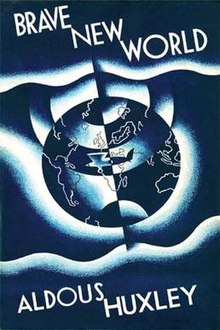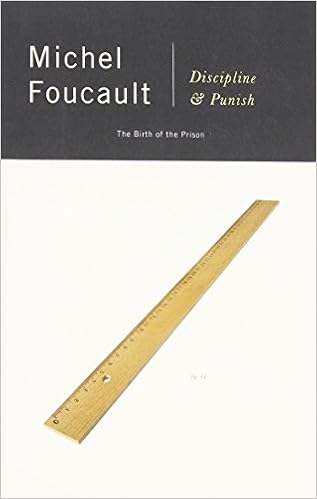The book discusses serial killers, with a heavy U.S. emphasis. The contents fall into two broad categories: covering "case histories" of individual serial killers and discussing the phenomenon of serial killing from different thematic perspectives (e.g. unerlyig reasons, modes of operating, catching/getting caught, and cultural resonance of the phenomanon, for example).
Was it good?
The book is quite fascinating, I have to admit. Before reading the book, I knew very little about the phenomenon, and what little I knew basically derived from movies.
Perhaps the book could have been organized a bit more rigorously so as to make the thematic and case historical sections more distinct from one another; currently the thematic treatment in places didn't perhaps reach the level of generalization or abstraction that I woudl have wished because of the heavy case emphasis. Then again, perhaps the number of cases to build upon is so small (luckily) that this is the level of generalization one can resonably hope to achieve.
In addition, through the case histories are quite fascinating - again, I have to admit - there is a bit of repetition in the book in that the case histories are discussed as such, and then again in conjunction with different thematic perspectives.
The main take-away for me?
It's pretty hard to think about what would be the take-away from a book like this. Perhaps it would have something to do with some of the basic human qualities of being intrigued - as witnessed by the cultural resonance of the phenomenon (c.f. e.g. the movie Basic Instinct) despite it being empirically so repulsive and horrifying to the vast majority of the humanity.
Who should read the book?
I believe that the book should be quite interesting reading for most people. Perhaps the most sensitive may find the case descriptions somewhat disgusting, but the tone in which those are described in the book is likely to play down such an effect.
The book on Amazon.com: The serial killer files





